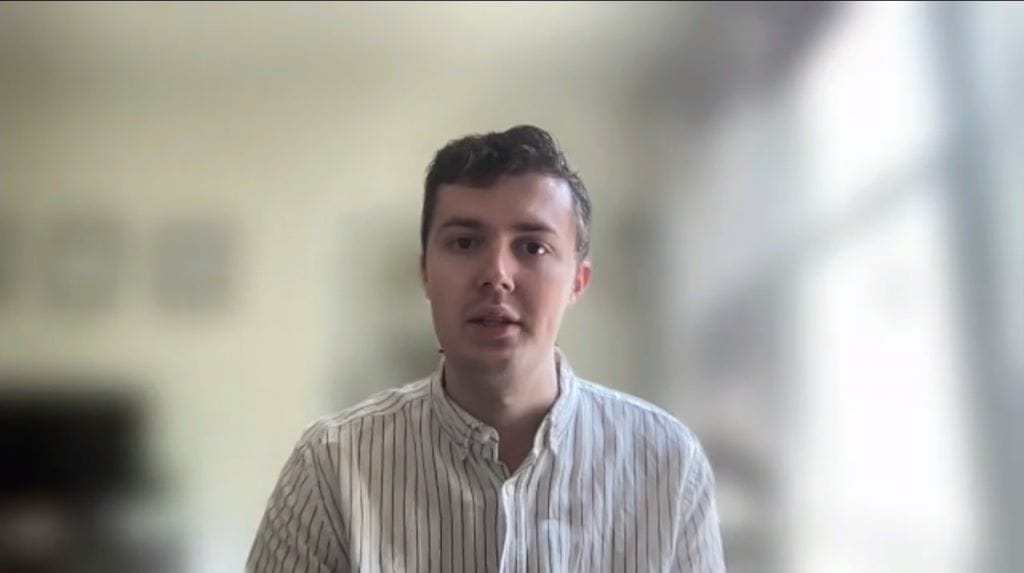Cannot Be Assumed Russia Won’t Represent UN Tech Regulator Despite Invasion, Experts Say
Experts warned Thursday that American leadership on the ITU is not a slam dunk.
Teralyn Whipple

WASHINGTON, June 2, 2022 – Experts speculated Thursday that Russia’s invasion of Ukraine will not necessarily sway votes against a Kremlin representative sitting as the next secretary general of the United Nations’ technology regulator, the International Telecommunications Union.
The ITU exists to develop international connectivity standards in communications networks and improving access to information and communication technologies for underserved communities worldwide.
American candidate Doreen Bogdan-Martin runs against Russian candidate Rashid Ismailov in what former representative Chris Carney called the “most important election the American people have ever heard of.”
“We really need to not get ahead of ourselves and think that Russia’s invasion of Ukraine will necessarily hurt Ismailov’s chances of being elected,” said Mercedes Page, fellow at the International Strategy Forum, at an event Thursday held by the Atlantic Council. “There are many countries that are supportive of more sovereignty over the internet and internet governance in telecommunications more broadly… That is where the root of the election is.”
The new secretary general will replace China’s Houlin Zhao, who has served in the position for eight years. The election will take place during the plenipotentiary conference in September.
“How countries are going to vote is extremely up in the air right now,” added fellow at Cyber Statecraft Initiative, Justin Sherman. He indicated that there has been a shift of country support recently. For years, there were liberal governments favoring an open internet approach on one side and authoritarian countries on the other. Swing states like India and Brazil have started voting with more closed-internet policies.
Sherman mentioned that one week after Russia launched its invasion of Ukraine, the ITU, at the proposal of the US and other western democracies, held a vote to kick some Russian representatives out of certain working groups. The vote breakdown showed that swing and developing countries abstained – indicating that these countries may be willing to side with the Russian candidate in the upcoming election.
Ismailov has support from China, added Page, and there are many other countries that are sympathetic to Russia’s agenda.
What’s at stake
“This is a really important election for shaping two core things at the center of the internet,” said Sherman. “One is tech standards, and the other is processes and authorities for internet governance. We’ve seen how open multistakeholder tech standards [supported by democratic nations] have been really valuable for calling people in other countries and trying to bring internet access and broadband connectivity to low-income countries. It’s been enormously helpful for national security to have consistent standards.”
Russia seeks to limit these benefits by pushing greater state control of the internet and will attempt change ITU standards, alleged Sherman. It will have ITU take over and essentially destroy internet governance organizations.
Panelists concurred that if Bogdan-Martin does not prevail in the election, the United States must begin to consider the coming election in four years. The U.S. must be prepared to work with other countries to ensure the desired results, they said.
The candidates
Bogdan-Martin is currently the director of ITU’s Telecommunication Development Bureau, “where she is leading efforts to transform the global digital landscape to improve connectivity, close gaps in infrastructure, elevate youth voices, and make the digital future more inclusive and sustainable for all,” the ITU website said.
Rashid Ismailov has worked in the telecommunication sector for over 20 years and has held various positions in Ericsson Russia, the largest network provider in Russia. He will work to, according to the website, “rise to the major challenge of modernity, emphasizing the importance of individual human beings.”








Member discussion